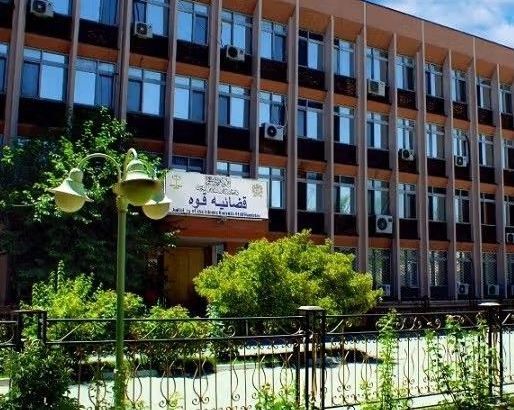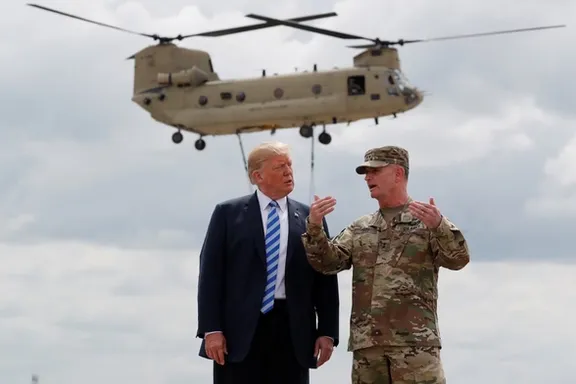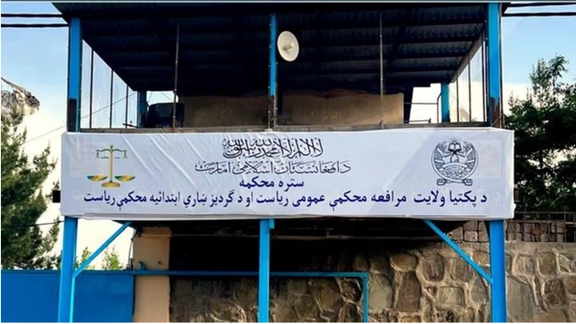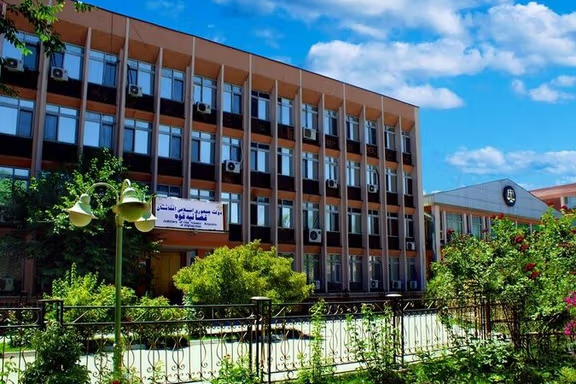In a statement posted Monday on X, Koofi said the Taliban’s claim of amnesty is not an effort at reconciliation but a calculated effort to silence critics. She warned that those returning to Afghanistan from neighbouring countries, particularly Iran, face serious threats despite promises of safety.
Koofi criticised certain individuals, including spouses of former foreign diplomats, for promoting what she called misleading narratives that Afghanistan is now safe. Without naming anyone directly, she said some continue to benefit from their previous roles while encouraging return, which she described as playing into the Taliban’s strategy.
Her comments follow recent remarks by Cheryl Benard, the wife of former US envoy Zalmay Khalilzad, who called concerns about returning to Taliban-controlled Afghanistan “unfounded.” Benard had suggested Afghan parents worried about Taliban-led education could send their children to private schools and claimed that Afghan women continue to live and work normally.
Women’s rights advocates condemned those remarks, saying they contradict verified reports from international organisations and testimony from women affected by Taliban policies.
Koofi referred to a new report from the UN Human Rights Office, which confirms widespread arbitrary detention, torture, and threats to returnees, particularly those deported from Iran. She said the findings validate previous warnings from rights groups about the dangerous conditions awaiting deported Afghans.






